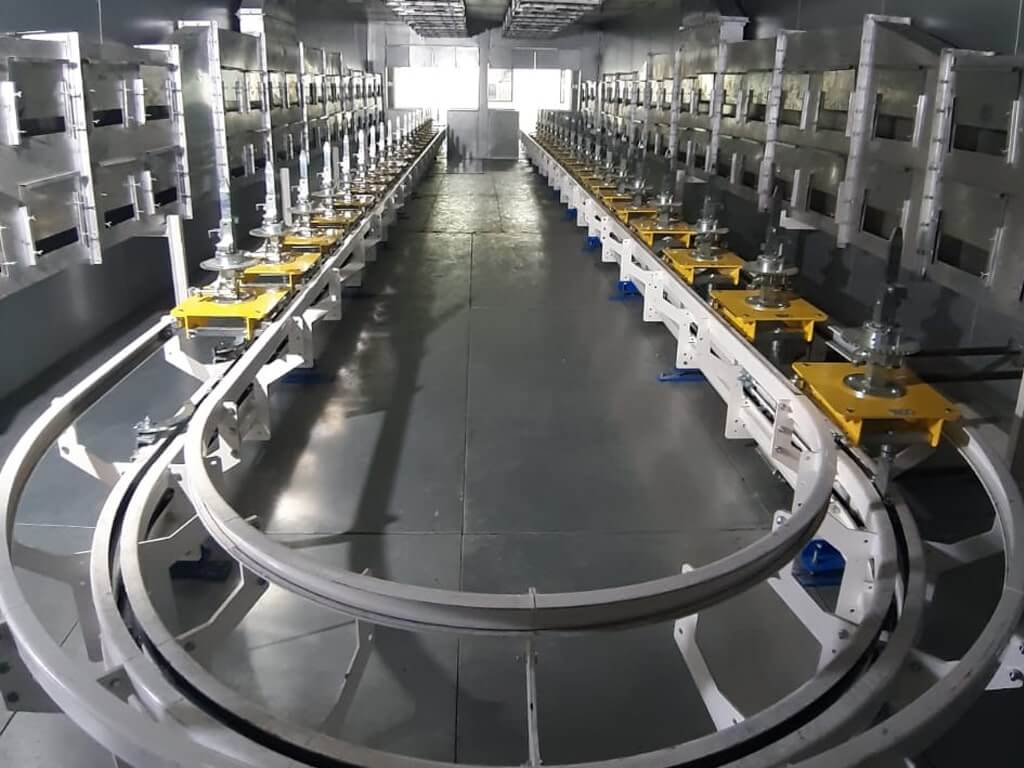
Material Handling Equipment and their Applications
Many businesses that need to handle and store bulk material rely heavily on material-
handling equipment and systems. In general, material handling equipment refers to machinery made to move, regulate, safeguard, or store materials at facilities and warehouses. Because of its wide range of applications, this equipment is particularly adaptable. You can better equip your facility with the right equipment and systems for your company's requirements.Let's learn more about the different types of material handling equipment and how they can be
used in various industries.Different types of Material Handler Equipment
There are typically four main categories for material handling equipment:
- Bulk handling equipment
- Engineered systems
- Storage and handling equipment
- Industrial trucks
Bulk Handling Material Equipment
Bulk handling material handling types of equipment are used to move, store, or control bulk materials. Manufacturers generally produce machinery for handling bulk materials in order to transport and store goods in a loose state. This type of equipment can handle food, liquids, metals, and minerals. Some of the basic types are given below
- Hoppers: These big funnel-shaped devices have openings that close. For the purpose of filling containers, companies use hoppers.
- Reclaimers: These are substantial equipment made to collect loose materials from a company's stockpile.
- Conveyor belts: These are a crucial component of a conveyor system. With the help of drums or pulleys, they rotate their belts and transport large amounts of material from one place to another.
- Stackers: These are important for managing bulk materials. This automated machinery can independently transport loose materials to stockpiles.
- Bucket and grain elevators: Also known as "grain legs," transport bulk materials vertically. They'll move these supplies through a production pathway and occasionally store them.
Engineered Material Handling Systems
Engineered systems, also referred to as automated systems, are parts of bulk material handling machinery designed to assist in material storage and transportation. Automated systems often include a number of pieces of machinery. No need for manual labor to carry out various tasks. Following are a few of the most common types of engineered systems:
- Automatic Storage and Retrieval Systems (AS/RS): AS/RS are highly common engineering systems since they can handle a lot of work. It uses a shuttle to collect loose materials. The picking procedure can be either manually or automatically carried out. These systems also include racks, shelves, and aisles which can be included in a business's network, which enables management to easily monitor the stock.
- Automated guided vehicles (AGVs): Computer-driven trucks with sensors and detectors are known as AGVs. These cars may be fully autonomous and transport things along a predetermined path safely across your facility.
- Robotic delivery systems: To carry commodities, several organizations use automated robotic delivery systems. These networks are generally used by businesses to move materials down an assembly line.
- Conveyor systems: Conveyor systems include a number of mechanical and electronic components that automatically move materials around a facility. Different types of conveyor systems, include vehicle conveyor systems, cleated, chain, apron, and overhead.
Industrial Material Handling Trucks
Industrial trucks include a diverse range of machinery and are all built to help in the transportation of materials. These industrial vehicles can be anything from small, manually driven equipment to big, drivable equipment. Industrial trucks are of two types: non-stacking trucks and stacking trucks. While stacking trucks can also load items and stack them, non- stacking trucks are just designed for transportation.
The most common industrial trucks are:
- Hand trucks Dollies: Often known as hand trucks, are simple pieces of equipment made to provide users with the leverage they need to move large objects to new positions.
- Side loaders: Manufacturers design side loaders to conveniently pick up things on either side of narrow aisles while fitting between them.
- Pallet trucks: These are also referred to as forklifts, and are tools that operators can use to move bulky pallets. They have forks that fit underneath the pallet, raise it up, and then secure it when the operator moves it to a different spot. Both manual and electrical Forklifts are used in many different warehouses.
- Order pickers: Operators use order pickers to access materials that are kept on high shelves. These devices hoist workers safely, enabling them to reach objects that they can't reach.
Storage and Handling Equipment
When materials wait for the next step in the production or distribution process, storage, and handling equipment help them be safely stored and organized. This storage equipment may be used by an organization to retain products for short-term or long-term storage, depending on their needs. The majority of storage and handling types of equipment are stationary and not automated, however, organizations mostly combine them with automated systems and equipment.
Some of the most common storage and handling equipment are
- Drawers, bins, and shelves: Shelves are available for storing and organizing everyday items to arrange smaller goods that could be lost otherwise.
- Mezzanines: Mezzanines are indoor raised platform that creates an additional storage room above the ground. These mezzanines can be used to store items vertically, freeing up space on the warehouse floor. They are available in modular, mobile, free-standing, rack-supported, and building-supported configurations.
- Racks: By using racks businesses can store their items more conveniently and save floor space. Sliding racks, pallet tracks, drive-in or drive-through racks, and push- back racks are a few examples of racks with different functions.
- Stackable frames: They are manufactured with easy stacking on top of one another in mind. They free up space while safely storing pallets of delicate equipment.
Application of Material Handling Equipment in different industries
Material handling equipment is used by numerous firms across a wide range of industries due to
its extensive range of machinery and equipment. Following are common applications of material
handling machinery across various sectors.
- Manufacturing: The use of material handling equipment and systems is crucial in this sector. Pallet trucks, order pickers, forklifts, and AGVs are a few examples of manufacturing material handling equipment.
- Warehousing: Organizations that run warehouses frequently utilize material handling equipment to help process and store materials. Reach trucks, stackers, pallet trucks, and order pickers are common warehouse material handling tools.
- Distribution: To transport products further along their supply chain, the distribution industry needs material handling equipment. AGVs, electric forklifts, and stackers are a few of the key distribution material handling tools.
- Landscaping: To carry and transport big objects, such as loose dirt or plant-filled pallets, landscaping businesses rely on material handling equipment. Landscaping frequently uses both lift trucks and hand trucks for material handling.
- Agriculture: Material handling equipment is required for transferring a lot of loose items, such as feed, fertilizer, seeds, and crops. Telehandlers, aerial lifts, and forklifts are a few examples of agricultural material handling equipment that is used to transport and load materials. Grain elevators and hoppers are also often used.
- Construction: To help load and transport materials around a project site, many construction companies employ material handling equipment. Forklifts, aerial lifts, and telehandlers are a few of the tools frequently employed in the construction sector.
Companies in different industries can gain a lot from material handling equipment. Many businesses appreciate how efficient and secure their workplace is using material handling equipment and systems. Moreover, material handling equipment helps optimize a facility's space, minimize costs, and eliminate waste.
Trutek is a renowned provider of Material Handling Systems in Pune, Maharashtra, and across
India. We understand that each material handling requirement is unique. Our area of work includes consultation, engineering, design, manufacturing, installation, and after-sales services of Material Handling Systems in India. We are a full-line Bulk Material Handling solution provider offering turnkey projects.To discuss your specific material handling requirements, please contact us.
Please call: 020-24452092 or send us an e-mail to: sales@truteksystems.co.in


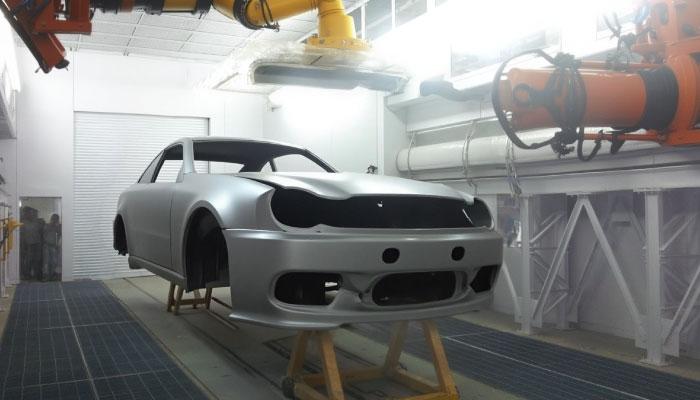
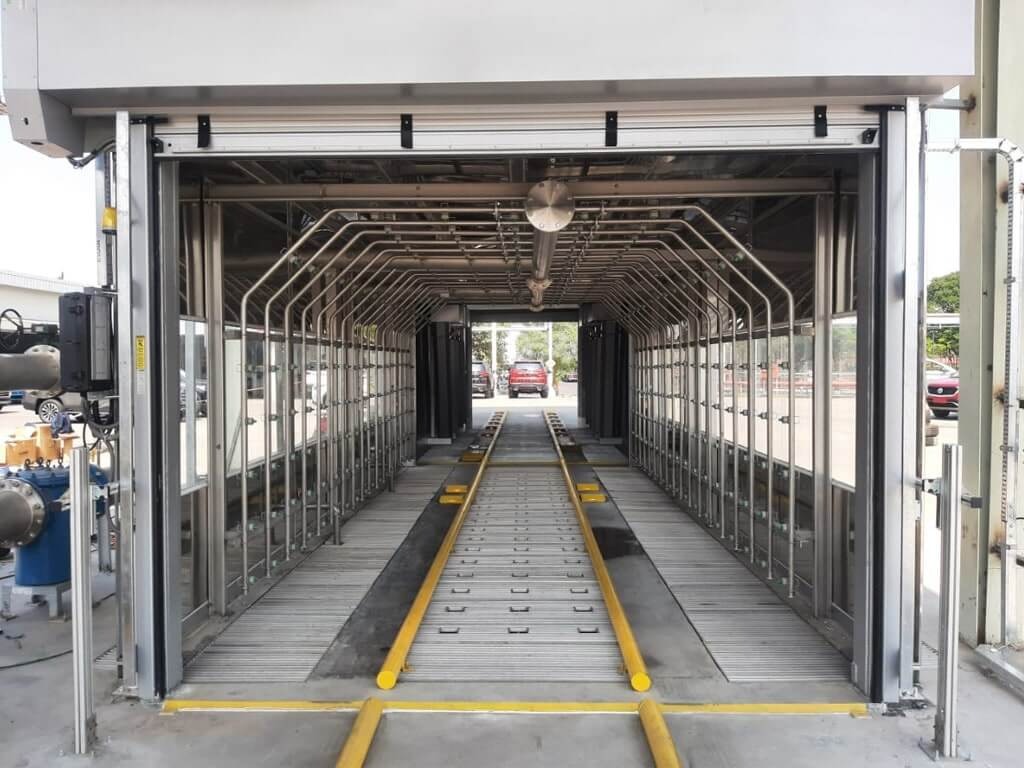
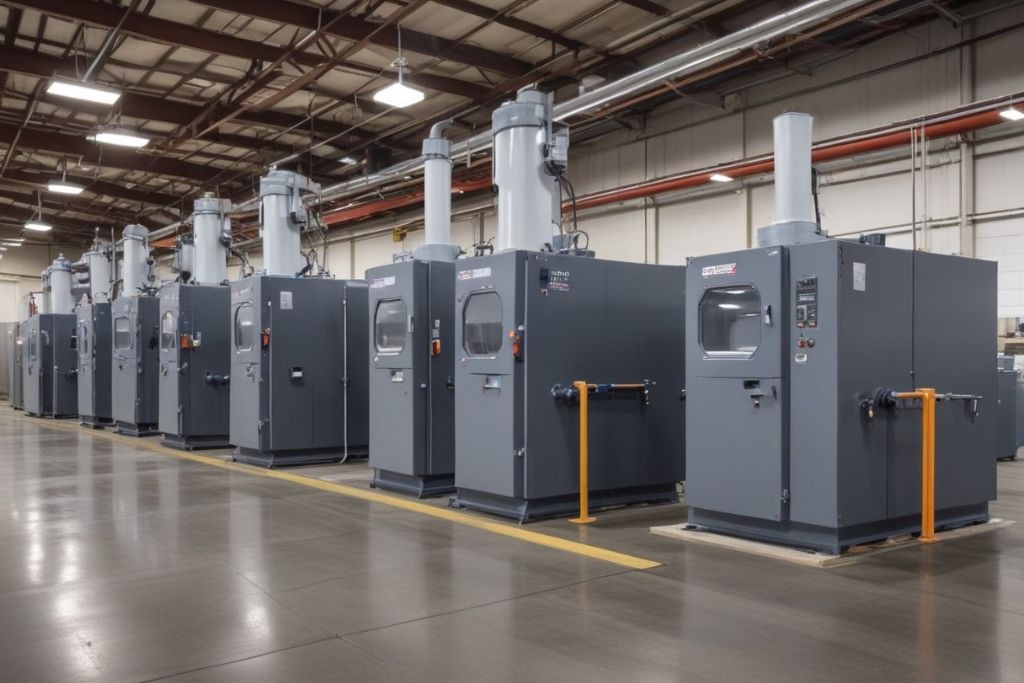
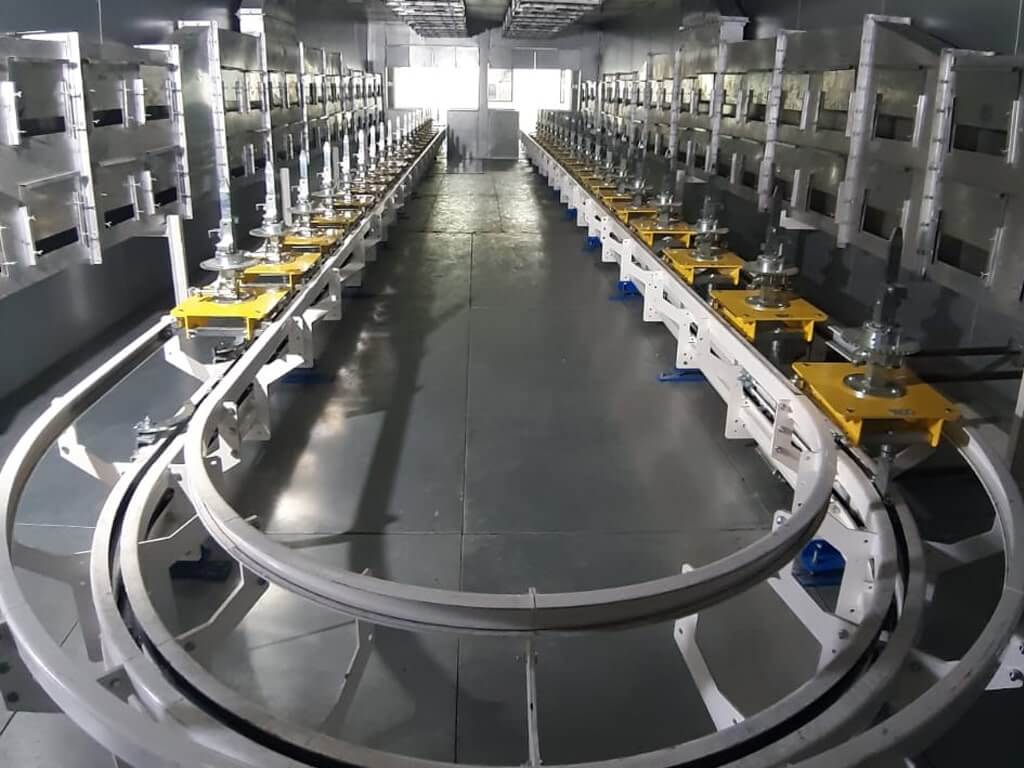
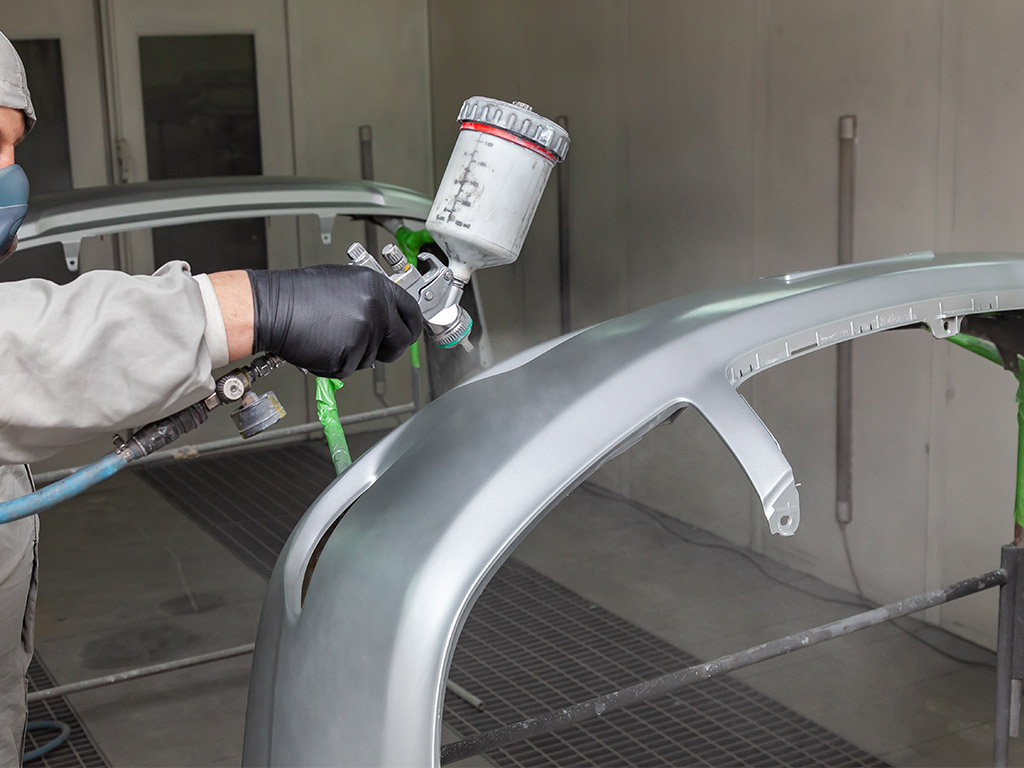
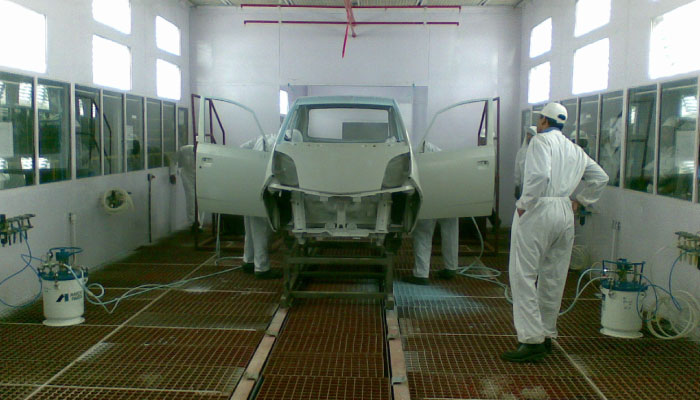

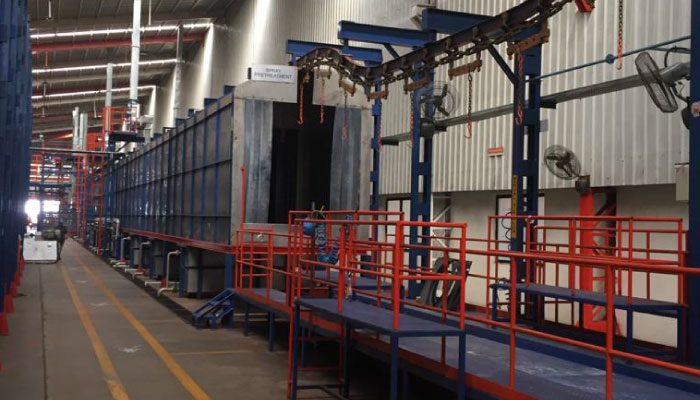
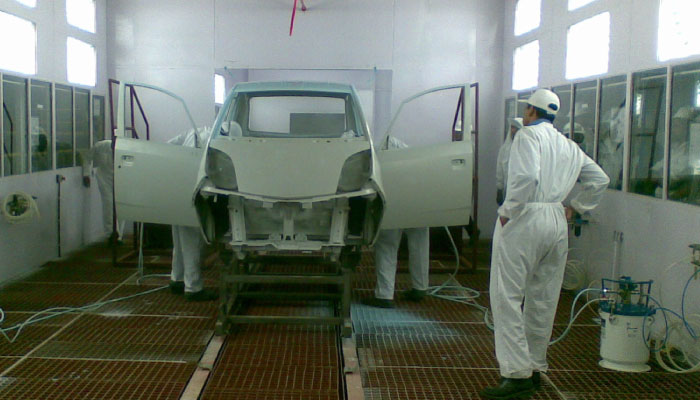
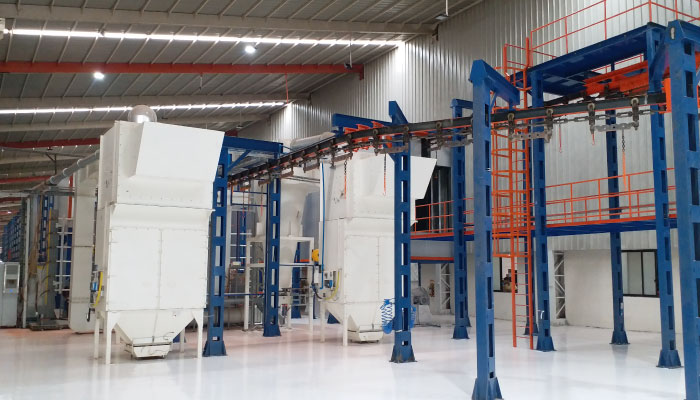
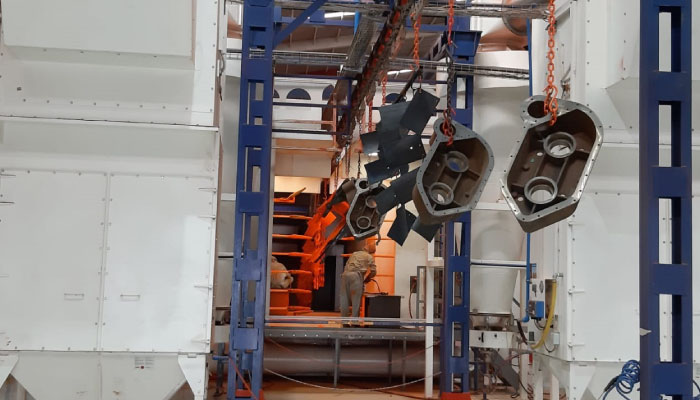
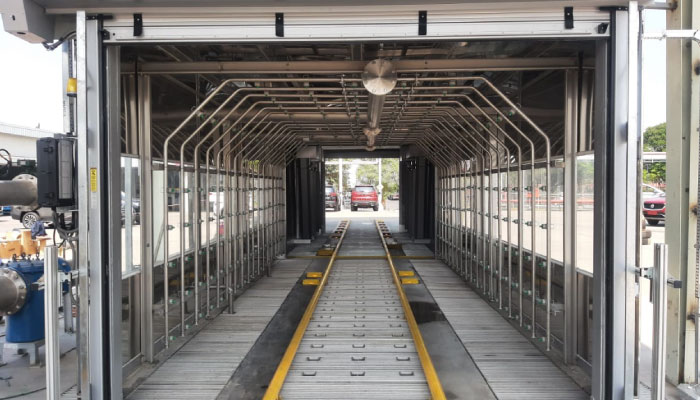
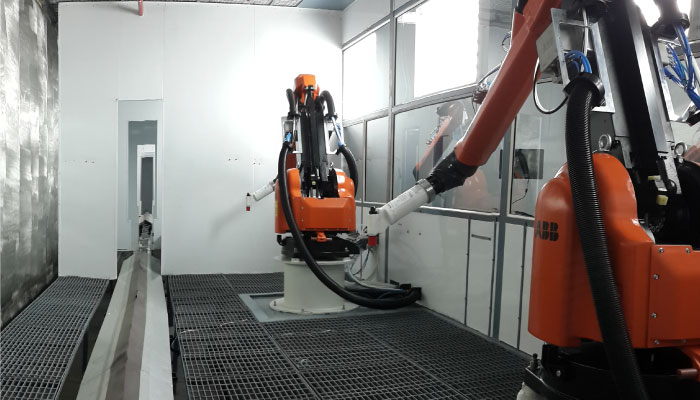
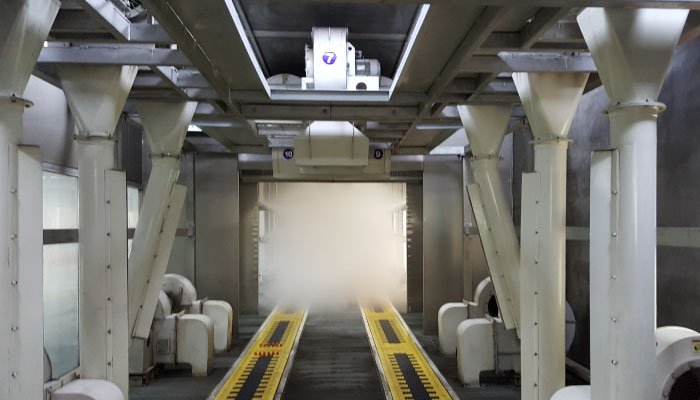


.png)
.png)
.jpg)
.png)
.jpg)
.jpg)
.jpg)
.jpg)
.jpg)
.jpg)
.jpg)
.jpg)
.jpg)
.jpg)
.jpg)

hh.jpg)
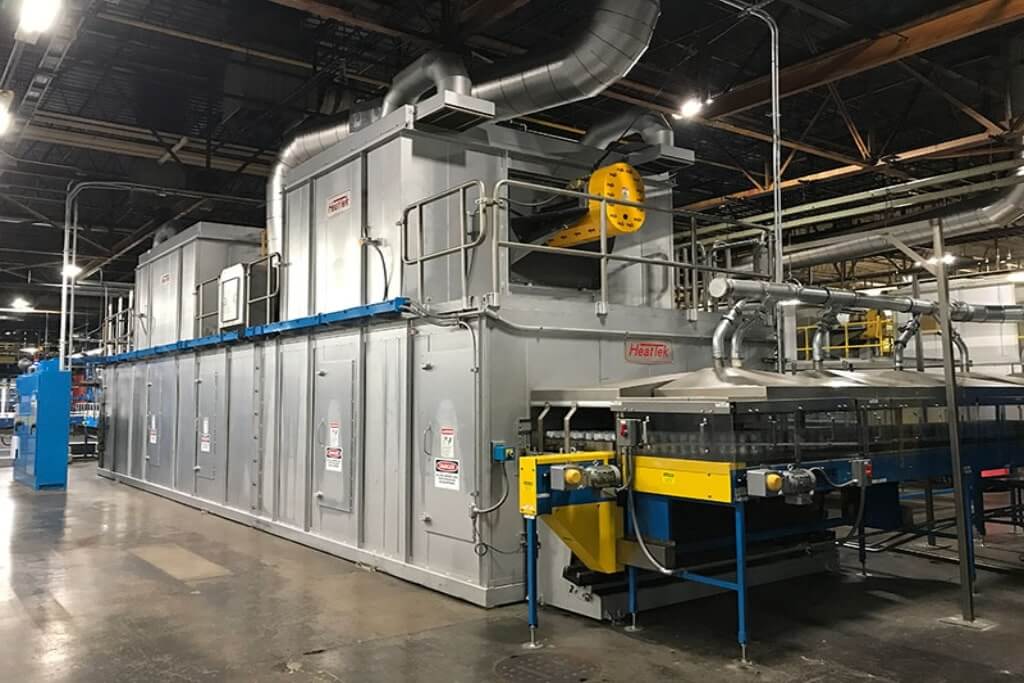


5.jpg)
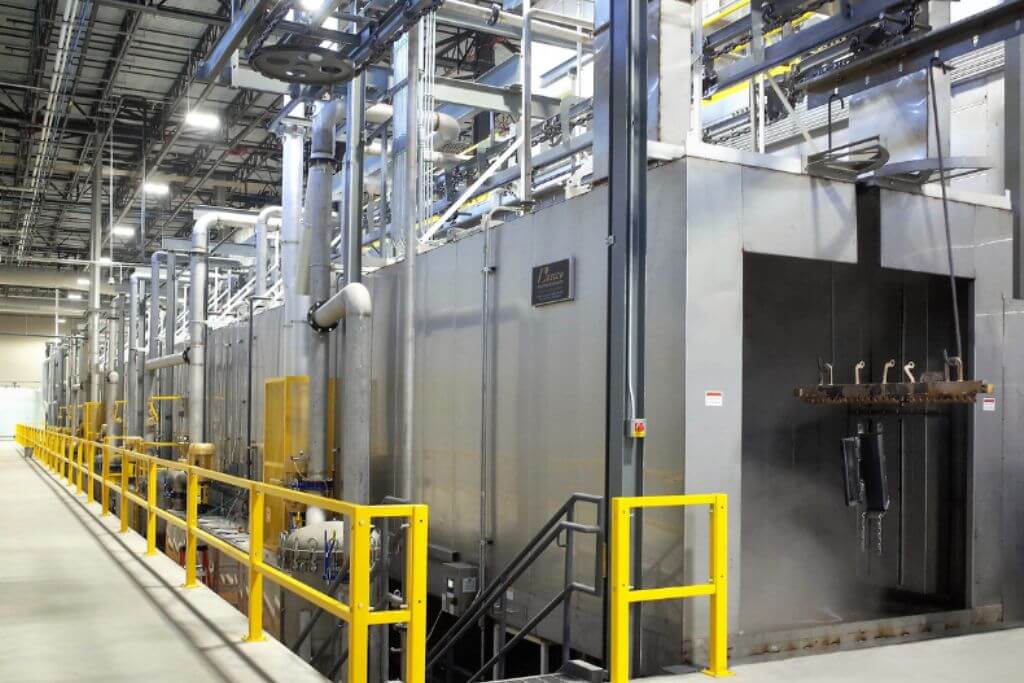

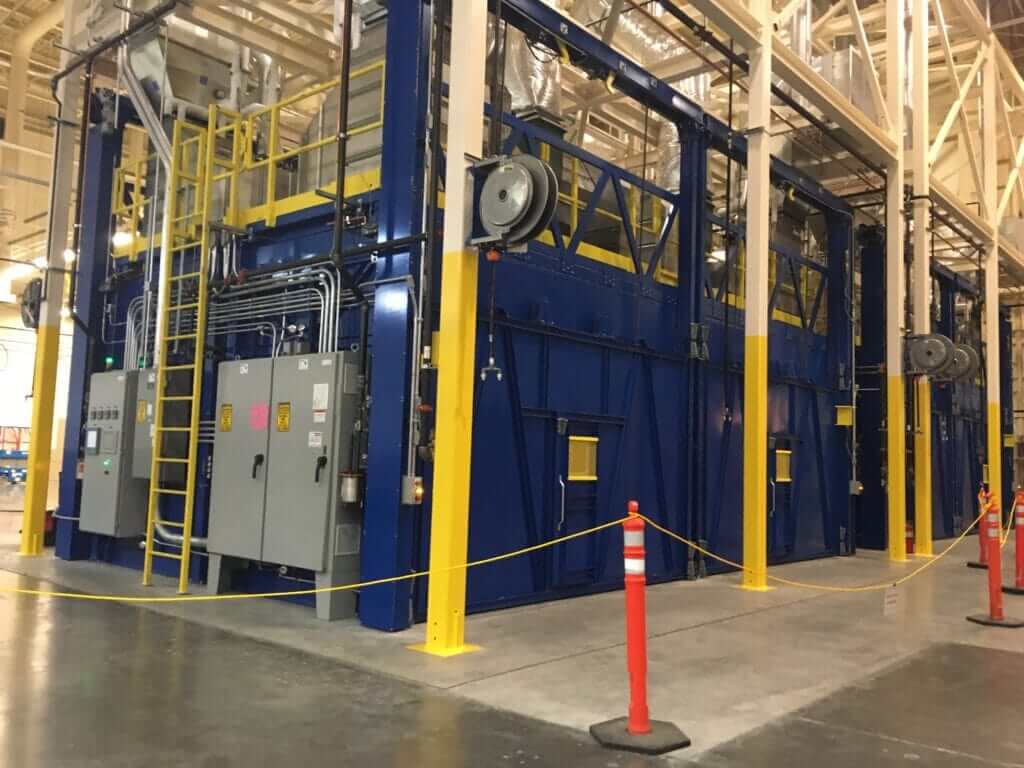
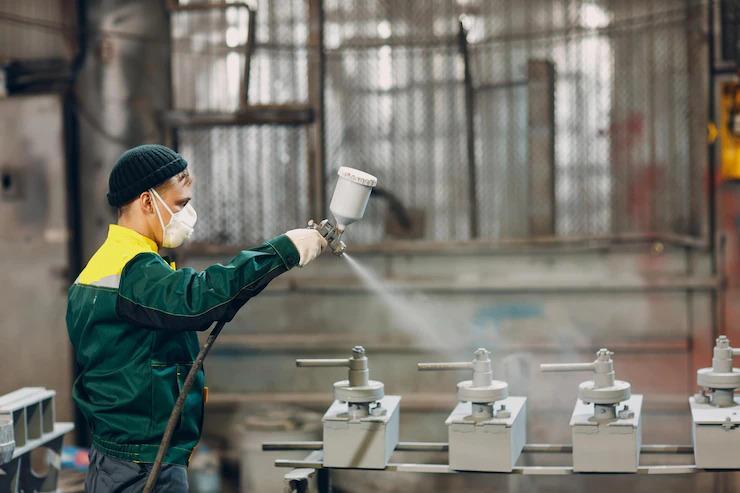
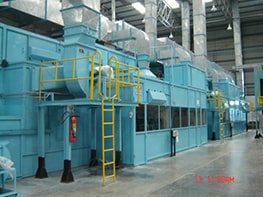
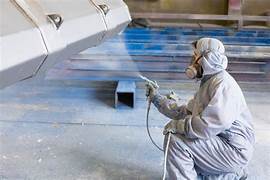
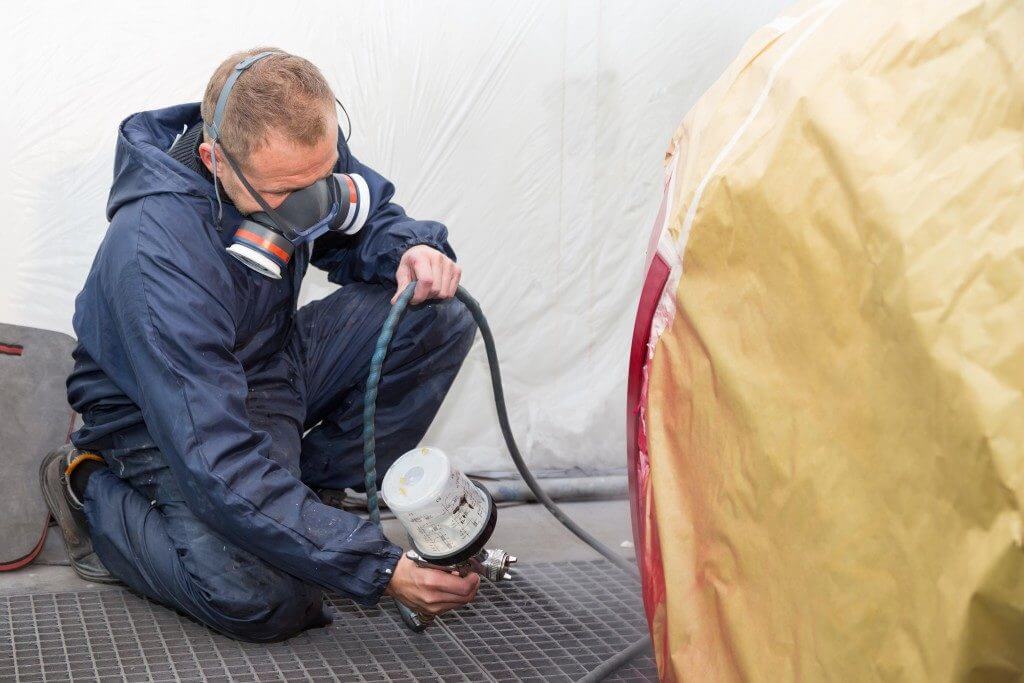
.jpg)
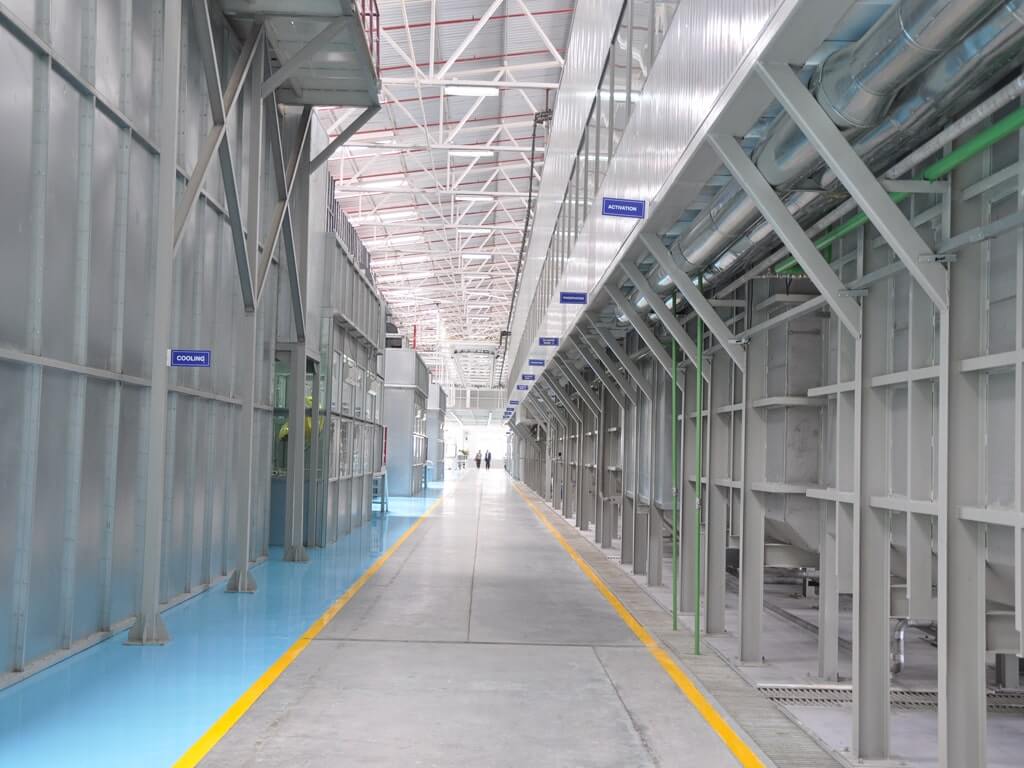
.jpeg)
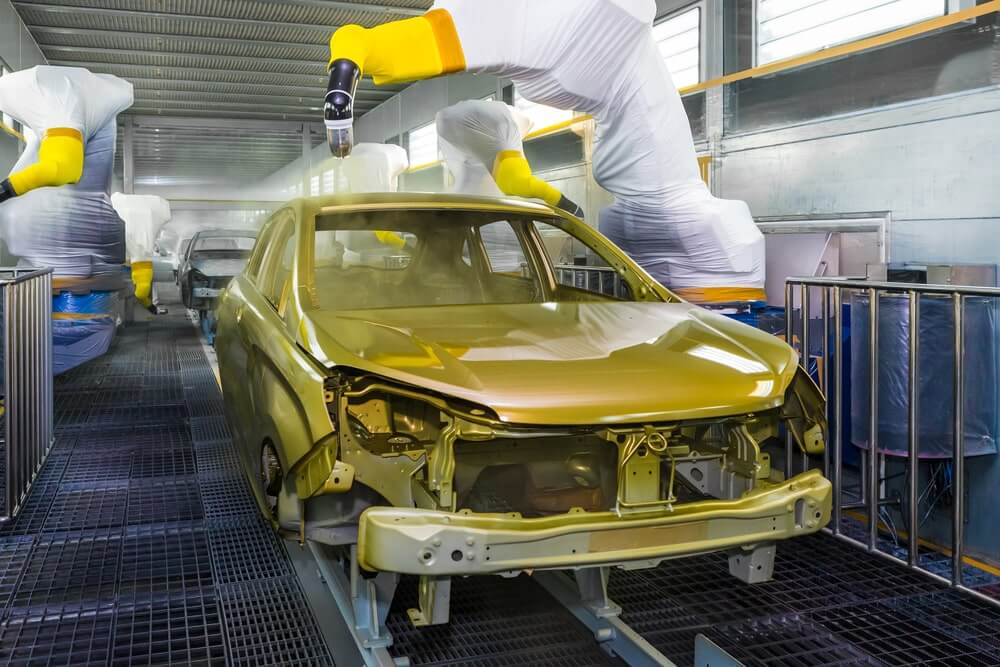

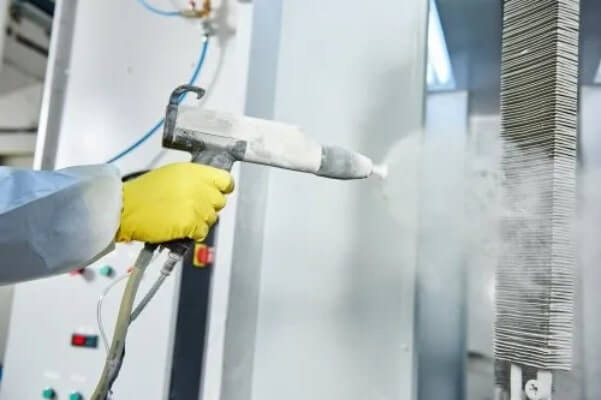
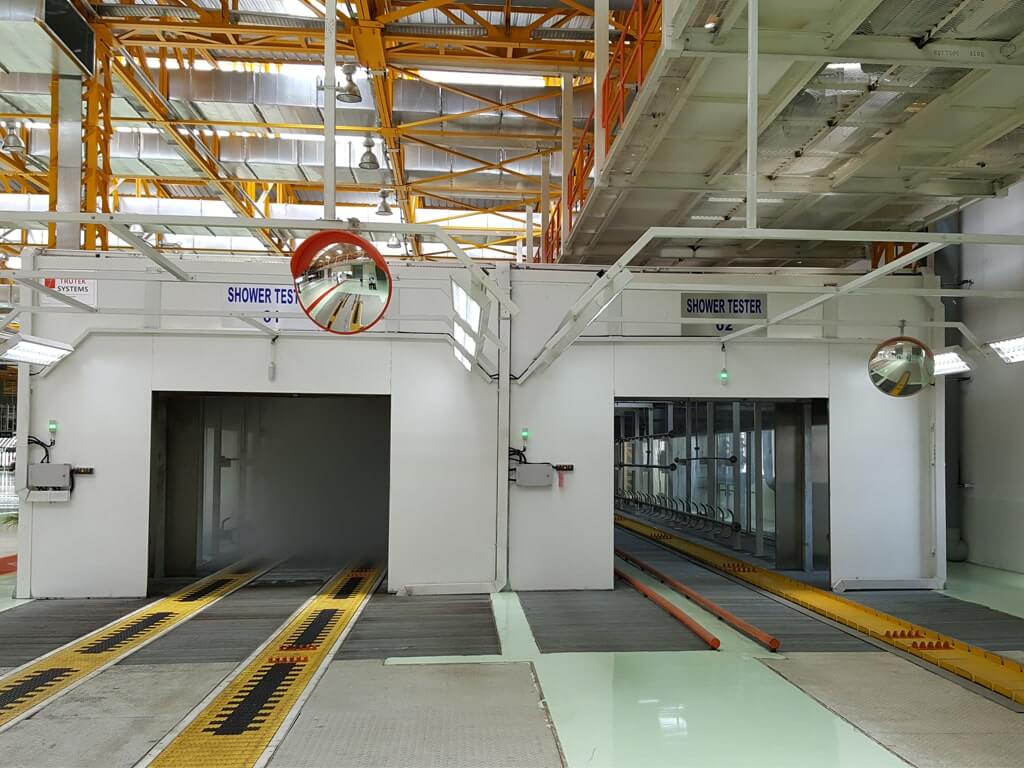
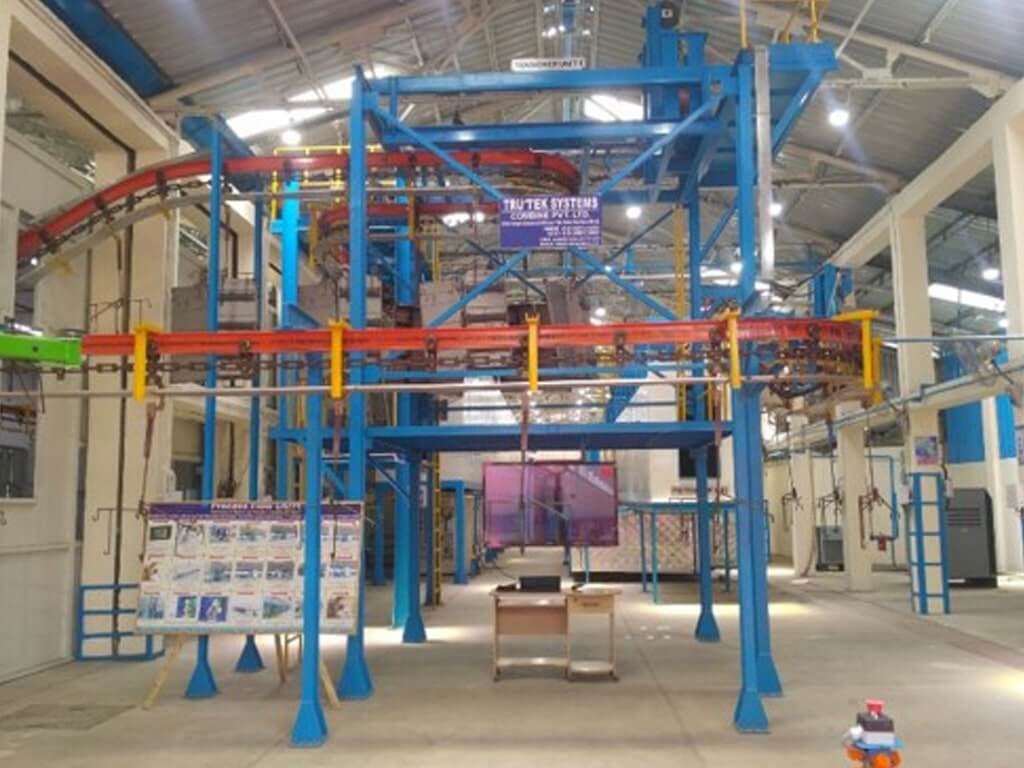
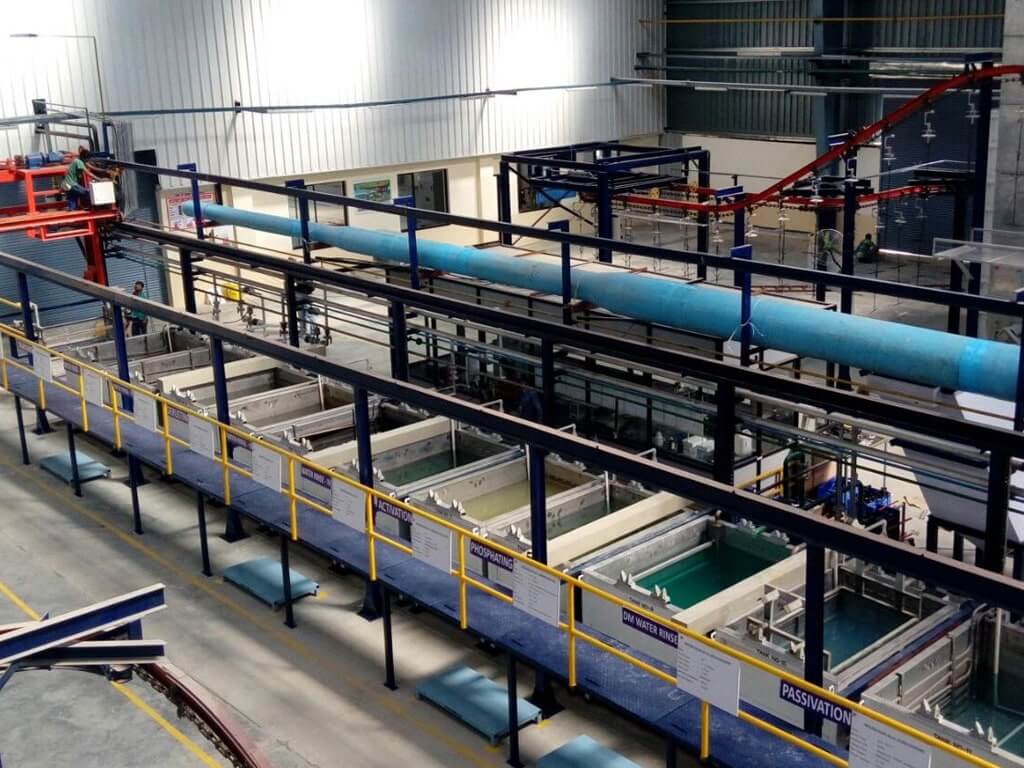
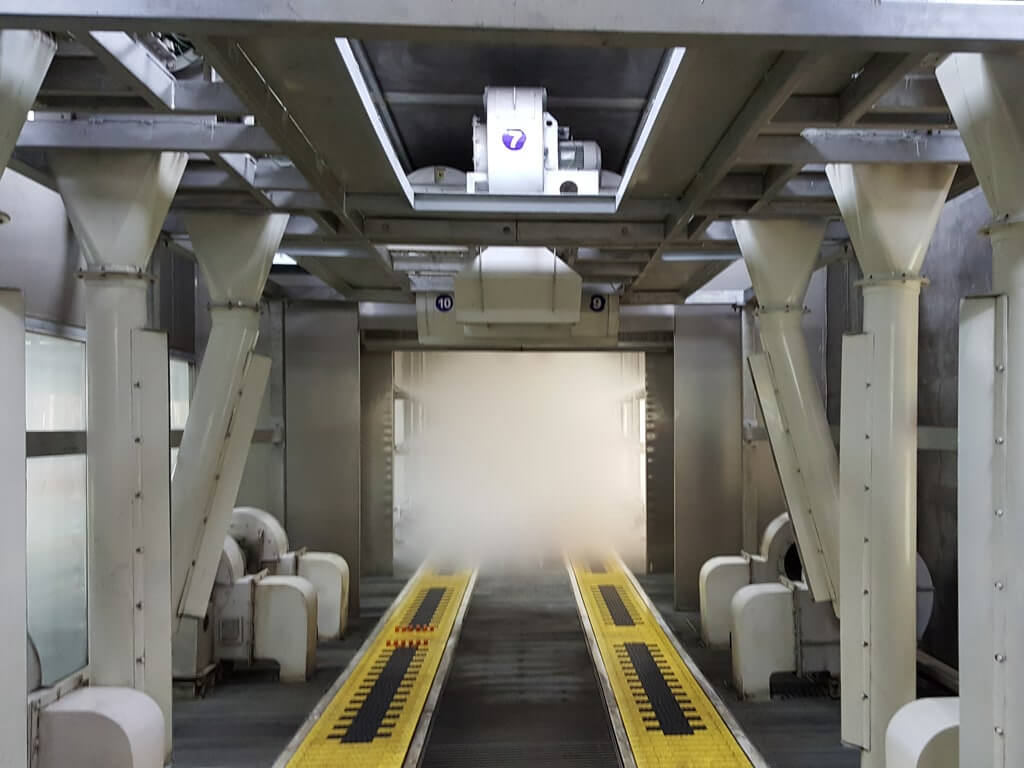
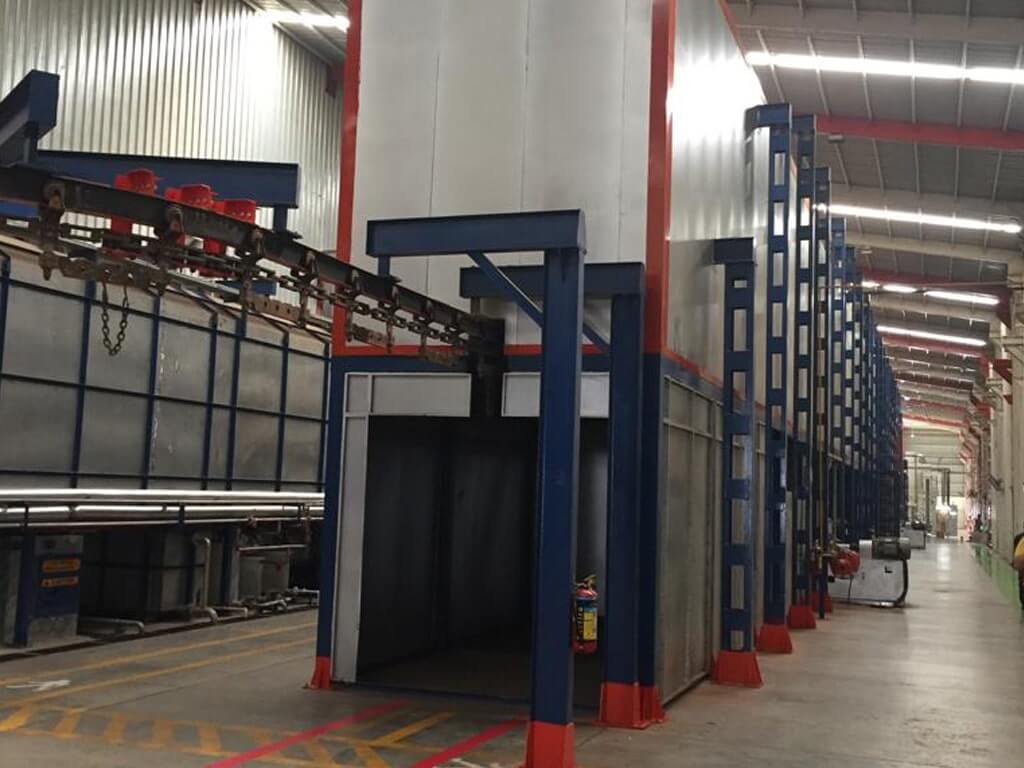
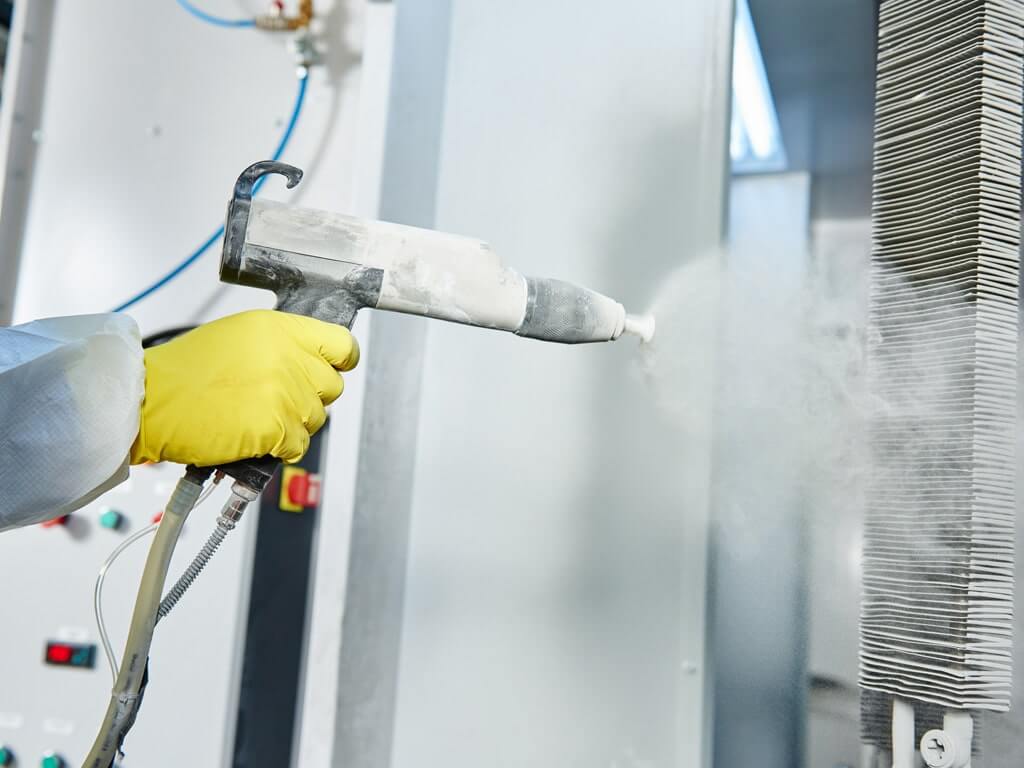
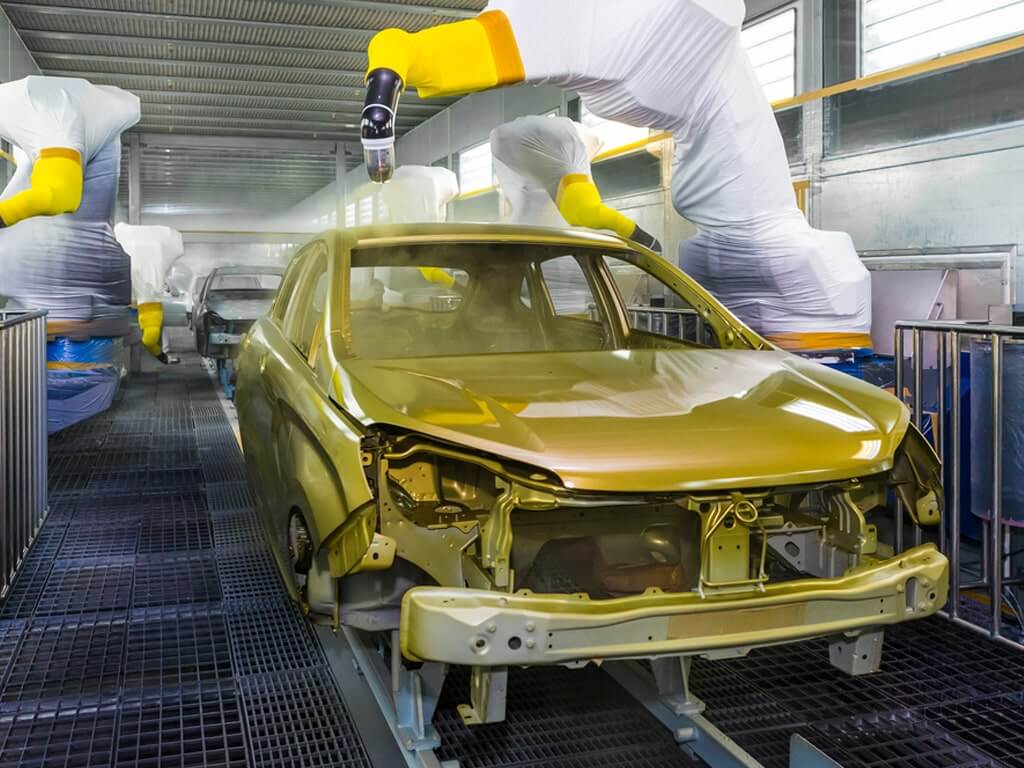
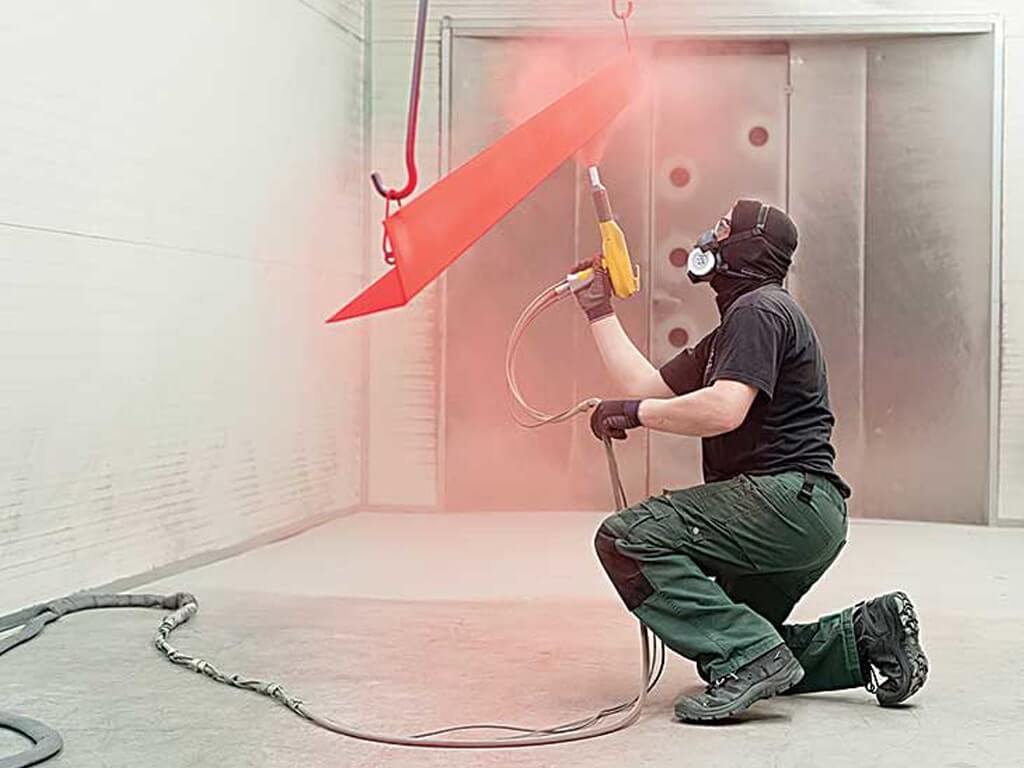

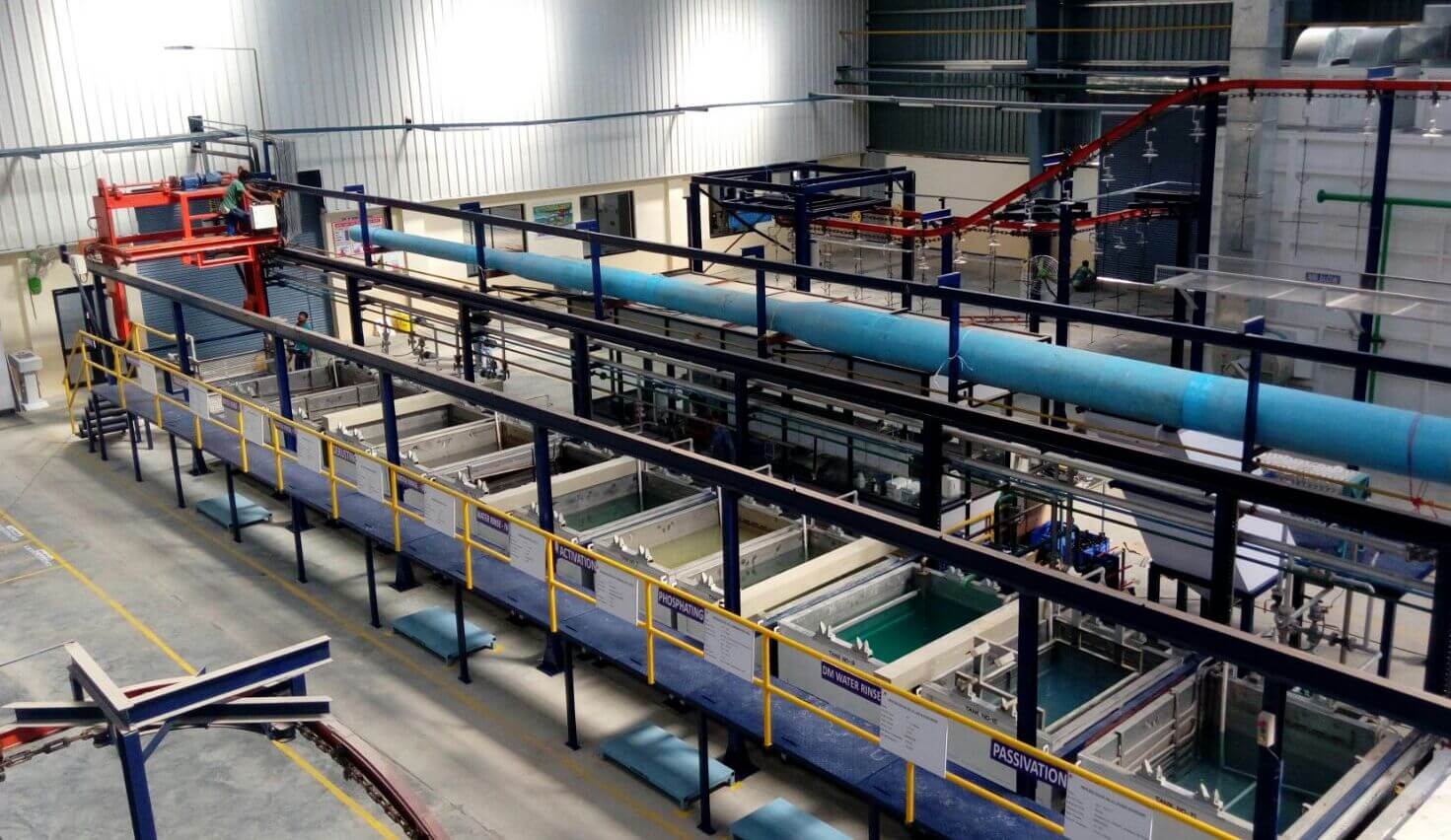
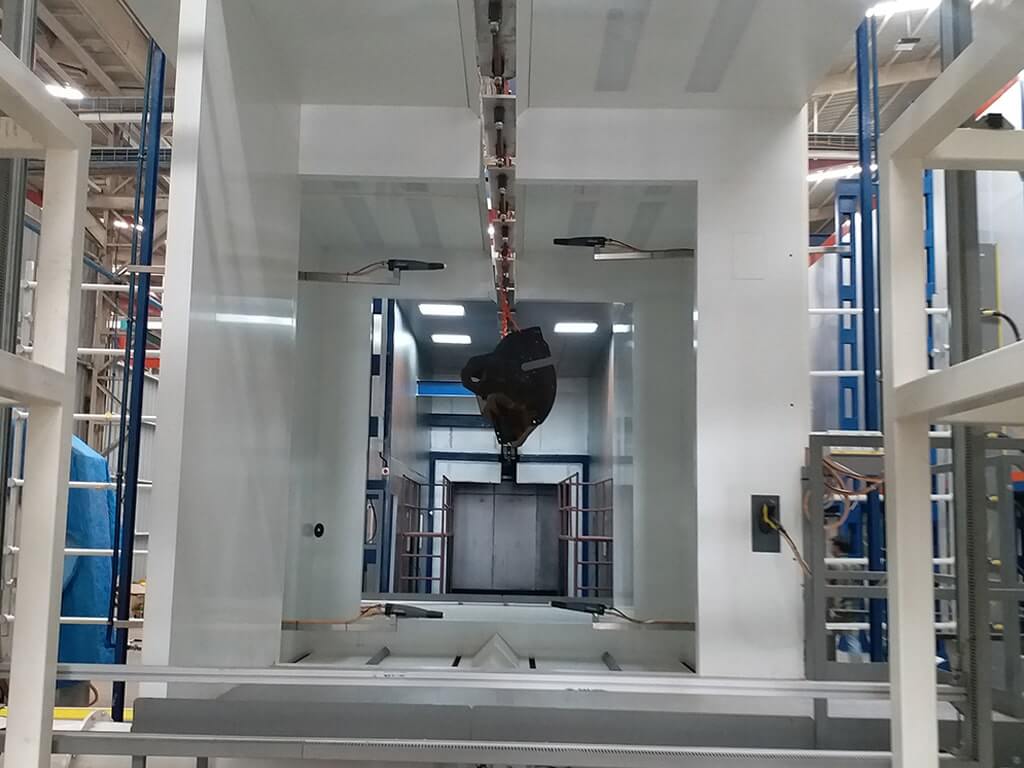
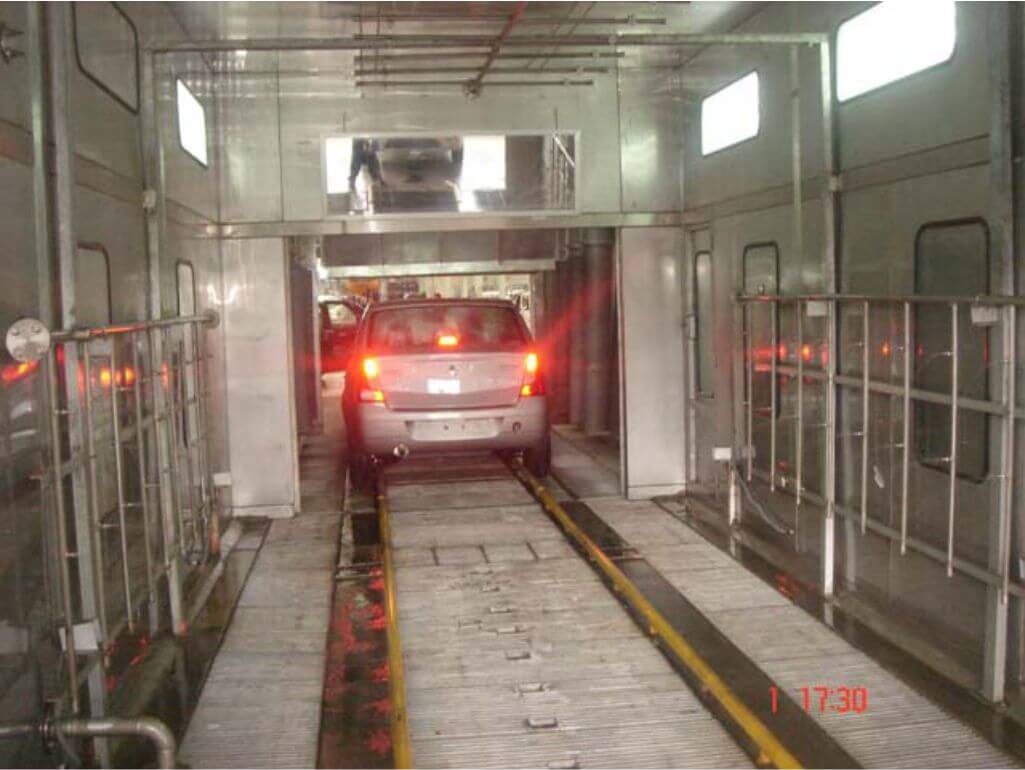
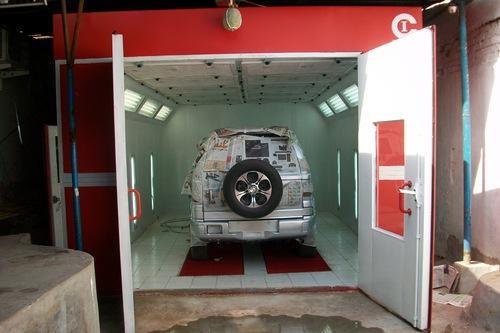
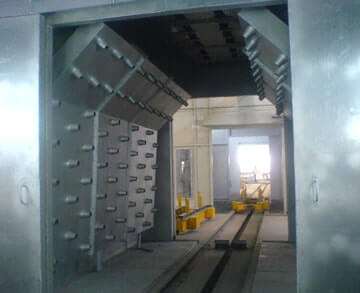

Leave a comments